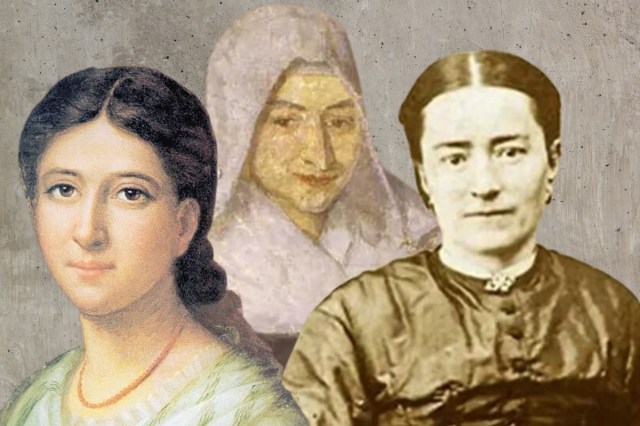Marie Poussepin, Zélie Martin, Pauline Jaricot, but also, in their own way, Mother Teresa and Thérèse of Avila… These women who became saints ran real businesses. Beautiful models for today’s active women.
Many of them are committed to serving the Gospel. Some have even been canonized for their life’s work: secular or consecrated, they founded businesses or communities and surrounded themselves with collaborators to make their work bear fruit.
1 Martha of Bethany
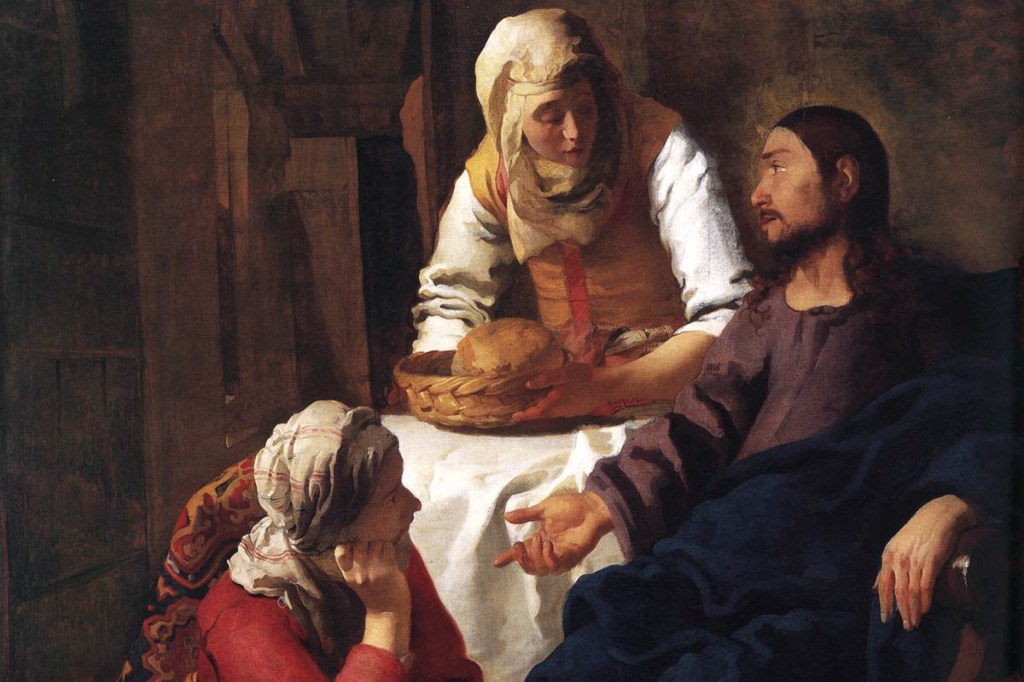
Johannes Vermeer | Public Domain | Wikicommons
In Bethany, in the first century AD, Saint Martha is a true mistress of the house: it is she who manages the stewardship and organization of this home that Christ Himself chose to rest as a true haven of peace. “On the way, Jesus entered a village. A woman named Marthe received him. […] She was taken up by the multiple occupations of the service” ( Lk 10, 38-40 ). Busy, she sometimes forgets the essential: to contemplate the admirable mystery of God present in all things. “If we remained in contemplation like Madeleine,” notes Saint Teresa of Avila, “there would be no one to feed this divine guest.”
2 Teresa of Avila
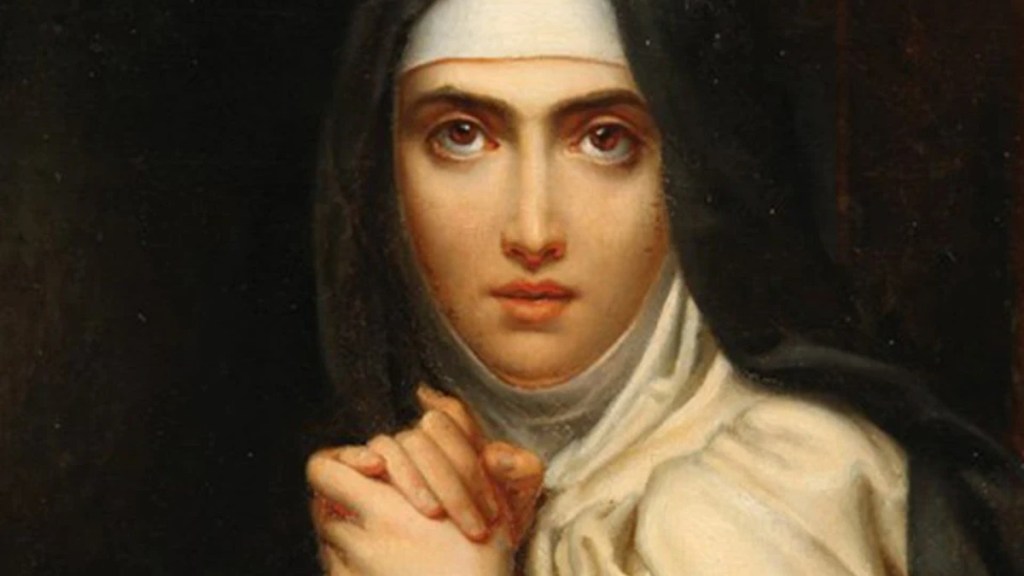
Public domain
Entering Carmel at the age of 20, Saint Teresa of Avila (1515-1582) undertook a vast reform of this order, which she considered decadent, in order to restore its original Rule. To face her many adversaries and found new convents, she traveled across Europe, raised funds and surrounded herself with faithful protectors and friends, like Saint John of the Cross. Paul VI proclaimed her a Doctor of the Church in 1970.
3 Marie Poussepin
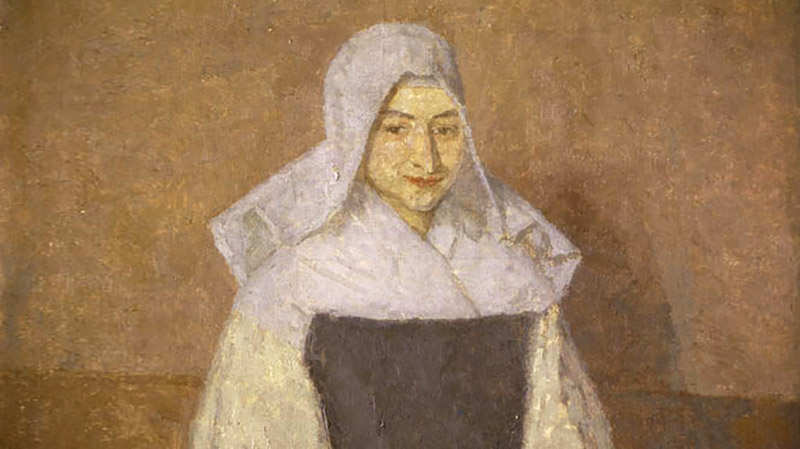
Public domain
Sainte Marie Poussepin (1653-1744) was 26 years old when she took over the family factory dedicated to silk work and abandoned by a father who fled his family and debts. Through hard work, she made it one of the largest French companies. While the silk industry declined, it focused on wool and invested in knitting machines: a first in France. She then hires young misguided apprentices whom she protects and pays handsomely. Her fortune financed her good works, among the poor and the sick whom she served tirelessly until her death, after founding a community of the Dominican Third Order which spread into around twenty establishments.
4 Pauline Jaricot
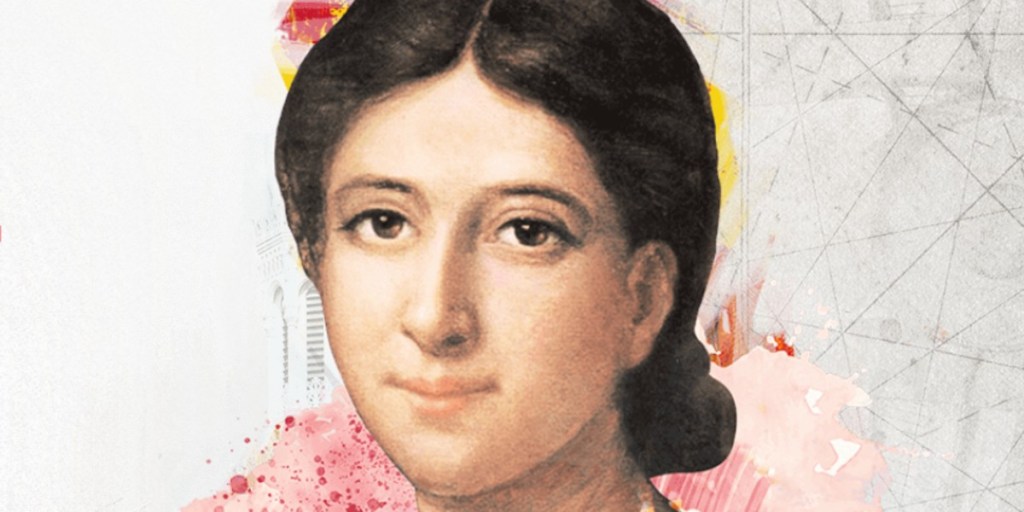
OPM
Daughter of a rich Lyon merchant who rose through the ranks, Blessed Pauline Jaricot (1799-1862) knew well the difficult life of silk workers. Faced with riots and revolts, she keenly observes: “It seems to me today that I have acquired the certainty that we must first restore the worker’s dignity as a man.” Concerned about social justice, she imagines a plan for a model factory that she intends to develop in the Lubéron but surrounds herself with crooked collaborators who embezzle her fortune. The factory goes bankrupt, overwhelming it with debt. Ruined, she dies destitute having amassed a great treasure in Heaven. “I know a person who knows how to accept crosses well,” the Curé of Ars said of her, “and even the heaviest crosses; and who carries them with great love. It’s Mademoiselle Jaricot from Lyon.”
5 Nhá Chica
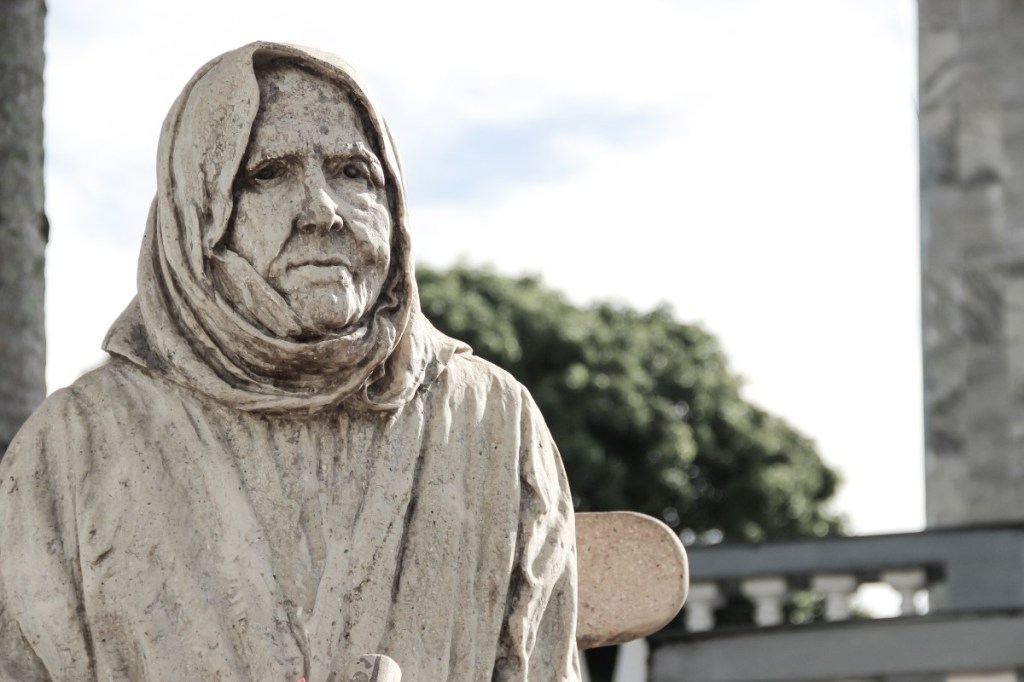
JR Moreira I Shutterstock
Blessed Paula Francisca de Jésus (1810-1895), nicknamed Nhá Chica, was born in the Brazilian city of São João del Rei into a family of slaves. Orphaned at ten years old, she retained from her childhood an admirable humility and a great devotion to the Virgin Mary . Poor among the poor, she devoted her life to her fellow human beings and for 30 years raised the funds necessary to build a chapel dedicated to Our Lady of Conception.
6 Zélie Martin
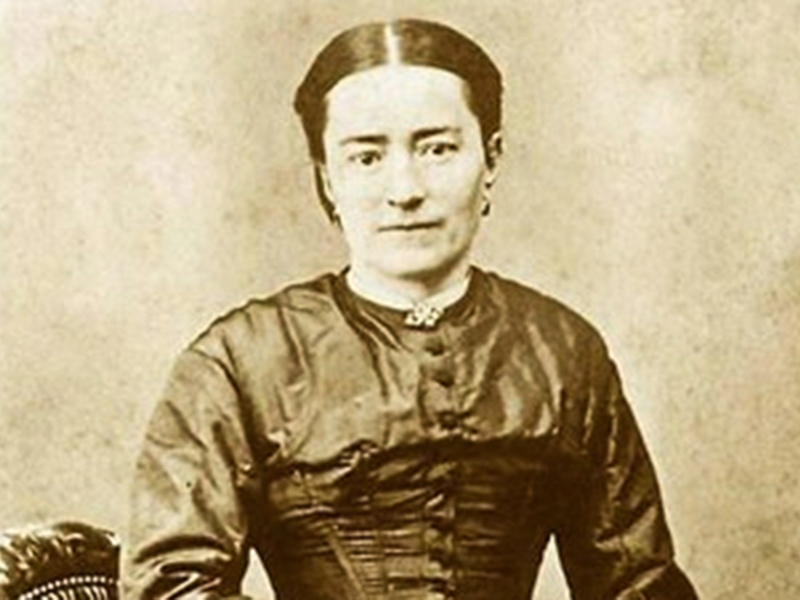
The young Zélie Guérin (1831-1877) first thought of the consecrated life since her gentle piety gave rise to a great desire for holiness in her. When the superior of the order she covets dissuades her from entering religion, Zélie is torn between what she believes to be her calling and the nun’s refusal. She then became a lacemaker. Her attention to detail and delicacy demonstrated her talent: she ended up opening her own boutique and the business quickly prospered. Her husband, Louis Martin, then left his job as a watchmaker to take on the commercial responsibility of the family factory to sell his beloved wife’s lace.
7 Teresa of Calcutta

RAVEENDRAN | AFP
Nobel Peace Prize winner in 1979, Saint Teresa of Calcutta (1910-1997) dedicated her life to the neglected and lepers of Calcutta. For more than 40 years, first in India then throughout the world, she devoted herself to the influence of the Missionaries of Charity to help the most deprived, the sick and orphans. With courage, confidence and stubbornness, she mobilized human and financial resources to leave behind more than 600 missions in more than 120 countries upon her death.
